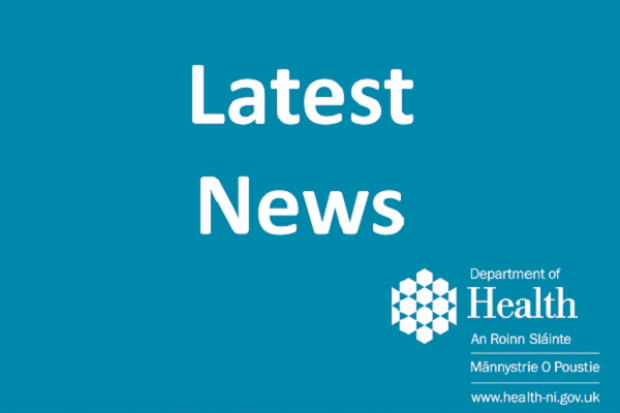The Health Minister Robin Swann has announced that the Department of Health is making up to £5.5m available to support general practice in Northern Ireland over the challenging winter period.
£3.8m has been committed to support additional patient care through the winter and up to £1.7m is being made available to further improve telephony infrastructure and improve accessibility, such as the use of online systems for ordering repeat prescriptions, helping to free up telephone lines and staff time. This is in addition to the £1.7m already invested to upgrade GP telephony systems to improve telephone access. This greater use of technology is one of the innovative ways in which primary care is working to meet increasing patient demand.
The Minister said: “I recognise how important it is that people can access GP services when they need to do so. I must emphasise that GP practices have been open throughout the pandemic and will continue to use both face to face appointments and alternative consultation options for patients as appropriate.“Services across Health and Social Care are under increasing pressure and we know that this will be a challenging winter. Feedback from GPs indicates that many patients are presenting with more complex needs, particularly those who have a chronic disease, making it more difficult for them to see all the people they would wish to.“Work is underway on a number of fronts to help improve access to primary care services for patients. Further urgent work is progressing with GPs and the Health and Social Care Board to explore how telephony can be better used to support services. Consideration is also being given to ways to better deal with routine requests, such as repeat prescriptions to release capacity.“This work is part of a wider programme to help improve patient access to services, which includes the wider rollout of primary care Multi-Disciplinary Teams, and work to reform the Out of Hours service.“At the same time, work is underway on a review of GP trainee places, to make sure we have enough GPs to meet our primary care needs into the future. I am committed to ensuring that we have a GP workforce that is supported, motivated and sustainable and that continues to provide quality care to patients when they need it.”
Recent figures indicate that, currently, practice teams are carrying out almost 200,000 consultations on a weekly basis.
The Minister added: “Even prior to the Covid-19 pandemic, primary care services were coming under increasing pressure. Figures in 2019 indicated patient contacts were almost 15m per year, up from an estimated 12.7m in 2014. At the same time, GP workforce, as measured in Whole Time Equivalents, decreased by 8%. The pandemic has accelerated a trend that was already underway to make greater use of technology to help manage the increasing demand in primary care.“It is important to emphasise that if people have symptoms or an unexplained illness or have any reason to be concerned, they should in the first instance contact their GP who will be able to provide advice. GPs want anyone who has a health concern to feel reassured that they will be able to get an appointment and see a GP if necessary. Every effort is being made to ensure that patients get the services they need.”



